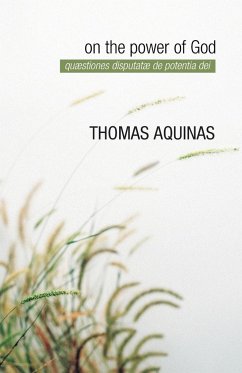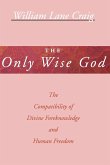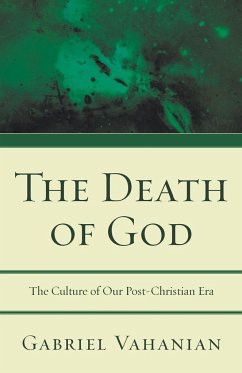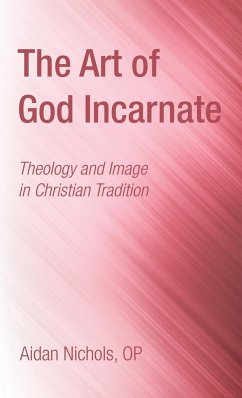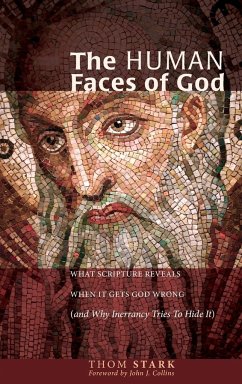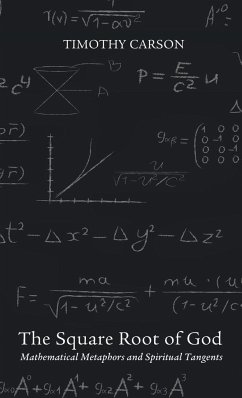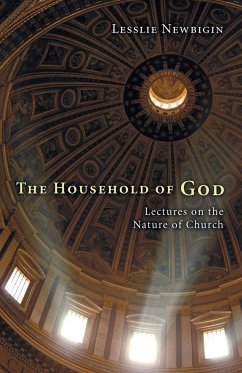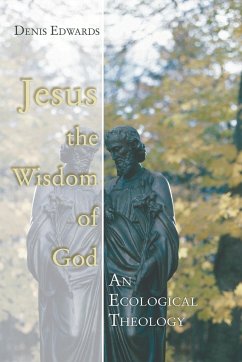In the thirteenth century, public disputation was not only a sort of ecclesiastical tournament arranged for an exceptional and solemn occasion, but also an integral part of a philosophical and theological course of study. At the University of Paris, for instance, public disputations were held frequently throughout the year. They were held more or less intermittently by other masters, but by Thomas with great frequency and regularity, especially during the three years of his first professorship at Paris when he held them twice a week during term. Thomas' disputations fall into seven series: on Truth; on the Power of God; on Evil; on the Incarnate Word; on Spiritual Creatures; and on the Virtures. These disputations on the power of God were written when Aquinas was about 40 and at the height of his intellectual powers. The exact time and place are unknown though it is likely that they were offered in either Anagni (1259-1261) or Rome (1265-67).
Hinweis: Dieser Artikel kann nur an eine deutsche Lieferadresse ausgeliefert werden.
Hinweis: Dieser Artikel kann nur an eine deutsche Lieferadresse ausgeliefert werden.

